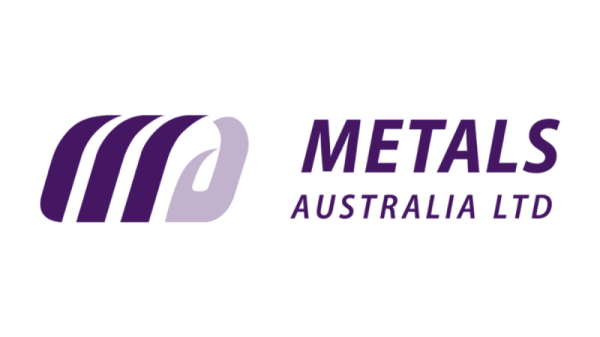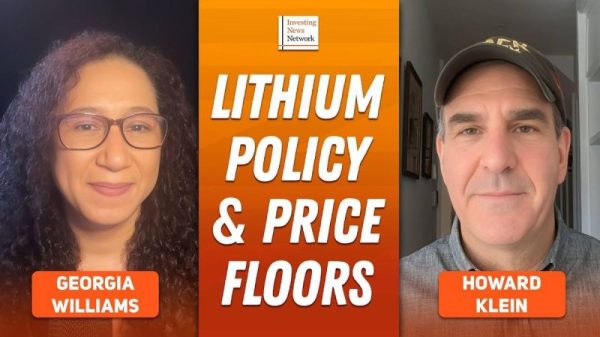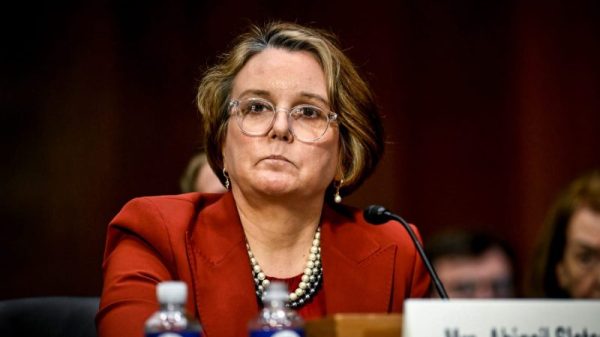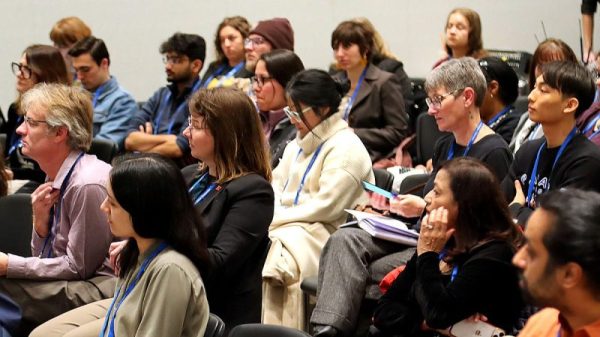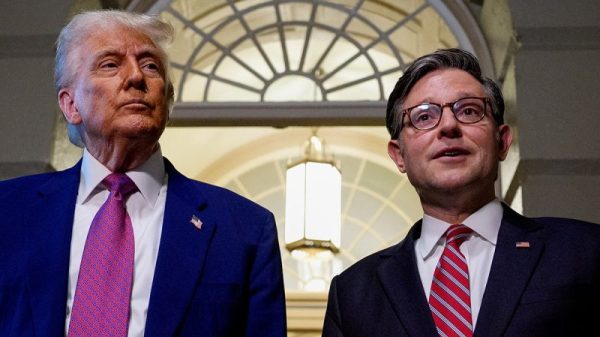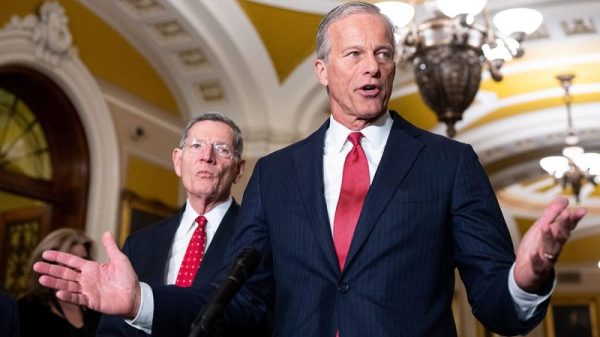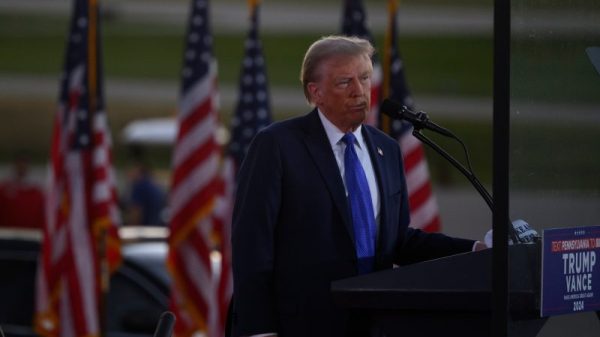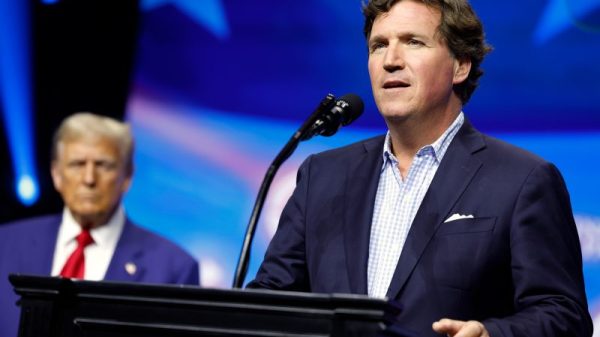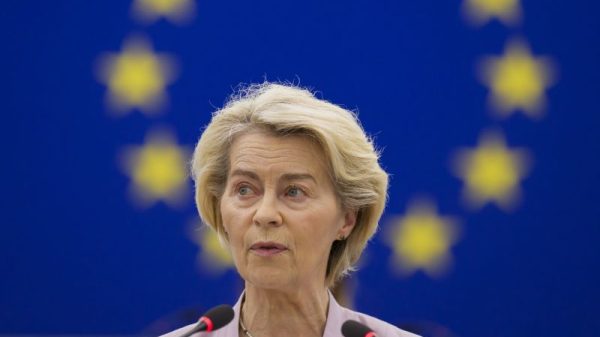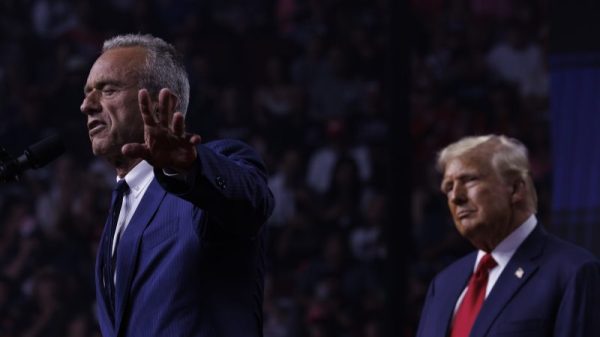In 2021, Google announced $1 billion of investment in Africa, aiming to enhance connectivity, drive innovation and support local entrepreneurs. Three years on, it claims this investment is working. According to a recent report commissioned by the tech giant, in 2023 its services – including Search, Maps, and YouTube – generated $16 billion in economic activity across the region.
The following interview has been edited for clarity and length.
Alex Okosi: The African market has incredible potential. Think about it, over the next four or five years, more than 40% of the global youth population will be on this continent. That means that the workforce of today or tomorrow is going come from Africa. We see Africa not just as an opportunity from a business standpoint, but as an opportunity for the globe to really benefit from the immense potential and talent that Africa has to offer.
Now, clearly, there’s a lot of challenges that we need to overcome. The digital divide on this continent is still there. Hence the reason why we really wanted to make sure that we invested in Africa in the right way – across every single value chain that matters to be able to help Africa achieve its full potential.
AO: One of the biggest challenges that we have on this continent is that there’s still a huge digital divide. The cost of data is still high, connectivity is still a challenge. Investing in infrastructure like Equiano and Umoja are going to help bring down these costs and enable businesses to hopefully tap into this digital highway that enables them to be more efficient.
Now (the drop in data costs) is not going to be immediate. We still need to partner with last-mile operators to make sure that they are leveraging this new bandwidth, and it’s bringing the cost down so the consumer can feel it. We don’t want to leave anyone behind, and the only way to ensure that is to make sure the cost of data is lower.
AO: The power of AI has enabled us to bring more languages online at a much faster rate. I’m excited about the 13 new languages that we introduced to Google Translate, including my native Igbo language. It really opens the opportunity for more than 300 million people that speak these languages to be able to access the internet in a language that’s organic to them.
From an inclusion standpoint, it means that we have a much bigger community of people that are now going to be able to participate in using digital tools to be able to grow their businesses and their careers. If I’m someone from a rural area and I speak a particular language, I’m now able to participate in this digital revolution that we talk about on a day-to-day basis, as part of the continent’s growth.
AO: Our AI research centers are going to benefit the continent in a lot of ways, and we’re already seeing some of those benefits. For instance, one of the main things that really affect farmers on this continent is pest outbreaks. We’ve now developed an AI solution that enables us to predict possible devastating outbreaks on crops seven days in advance. Or when it comes to flooding or climate change … 23 African countries are now part of our flood forecasting hub that enables them to access information on when these floods could happen, and people are able to plan for it.
AO: Of course, there’s the challenges that AI can present: there’s misinformation, there’s cyber security challenges if people use it the wrong way. As Google, we talk about being bold, being responsible. It’s about working with the communities, with academia, with governments to make sure that we have frameworks for developing AI that best serves the citizens and the communities that we serve. The important thing is that we are rolling out AI responsibly and that we are mitigating the risk associated with AI.
AO: In 10 years’ time, I think we are going to have a lot more people that are digitally skilled, they’re going to be able to leverage the power of technology and AI to really transform this continent, creating more job opportunities, more innovation, more companies, more growth. I think that AI will help us solve a lot of the societal challenges, whether it’s on food security, healthcare, or making the agriculture sector much more productive.
My dream is that as we move into the future, we’re going to have more and more African startups like (Nigerian fintech company) Moniepoint that become unicorns (privately owned companies valued at more than $1 billion) on this continent, because I truly believe that’s where we’re headed. Africa has an incredible potential and I’m just excited to be one of the people seeing it firsthand.


